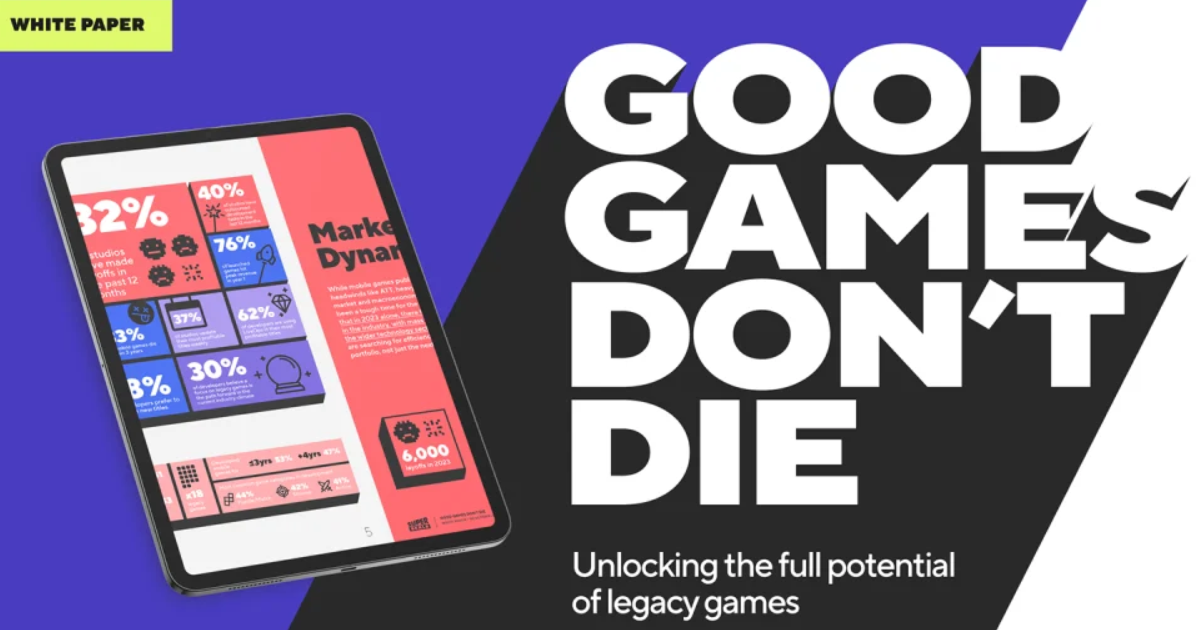Study: 83% of mobile games close within three years of release
SuperScale has published a report on Good Games Don't Die, which was commissioned by Atomik Research. As part of the survey, analysts spoke with 504 mobile game developers from the UK and the USA.
We chose the most important thing:
- According to the study, 43% of mobile games are canceled at the development stage. Among the games that have reached release, 17% close a maximum of six months after release, 30% — 7-12 months after release, and another 36% — 1-3 years after release;
- 33% of the surveyed developers said that after the cancellation of the game, they begin to carefully assess the commercial potential of the following projects. 26% decide to experiment less;
- 76% of games reach peak revenue in the release year;
- 78% of respondents prefer to work on new games rather than invest in the development of previously released titles;
- 62% of developers use LiveOps in their highest-grossing games;
- 48% of developers release updates every month, 37% — every week;
- 26% of developers said they do not measure ROAS (return on advertising funds) and LTV (lifetime customer value). 5% predict these figures for the year ahead;
- Over the past year, layoffs have occurred in 32% of studios that answered analysts' questions. Teams specializing in collectible card games suffered the most from layoffs — 62% of such studios reported layoffs. Hyper—casual developers are in second place (53%). Puzzle developers were the least affected by layoffs (34%);
- More than a quarter of studios told analysts that they were on the verge of closing this year. Most often, the developers of hyper-casual games talked about the risk of closure;
- Against the background of the difficult situation in the gaming industry, high competition in the mobile games market and the new privacy policy on iOS, many teams have reduced the project budget. In particular, 29% of respondents cut their budget to attract users;
- outsourcing is very popular. Over the past year, 40% of the surveyed studios have outsourced tasks directly related to development, and 30% of studios have entrusted advertising and user engagement to outsourcers;
- if we talk only about hyper-casual developers, 59% of them outsourced part of the tasks of creating games, and 58% — part of the tasks of advertising and attracting users.
